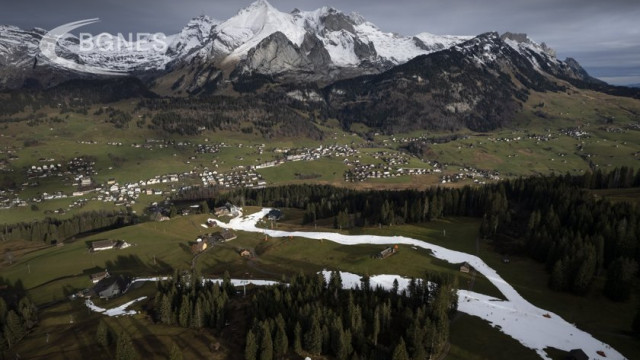"As a result of global warming by mid-century, the Alps region will lose about 34% of its current ice mass, and even if the melting that has been ongoing for the past decades miraculously stops, the melting trend will continue," the results of the latest study indicate, suggested by scientists from the University of Lausanne, N1 TV reported.
Computer projections, the scientists point out, show that glacier loss may actually be greater, and that if the warming variables of the past 10 years alone are followed, up to 65% of all ice bodies in the world could melt by 2050.
Using AI and new algorithms, Swiss scientists have created a model that analyzes a shorter period of time and shows with greater accuracy the negative consequences of global warming and the melting of ice surfaces, which they say will greatly increase the problem with drinking water in this part of the European continent.
According to data from the Swiss news channel SWI, the average temperature in this country has risen, compared to the pre-industrial period, by 2 °C.
There are a total of 1,500 glaciers on the territory of Switzerland, which are extremely important for providing sufficient amounts of drinking water. With their melting, this country will lose 57 cubic km of water or 15% of all reserves.
Reduced precipitation in the winter months, as well as the accelerated melting of the Alpine glaciers, known as the water tower of Europe, can significantly threaten the inflow of large rivers such as the Rhine, Danube and the Po River, which have a lower water flow during the summer months. The reduction in the water capacity of these rivers is already having a negative impact on agriculture, the energy sector and European river transport. /BGNES



.jpg)
.jpeg)


